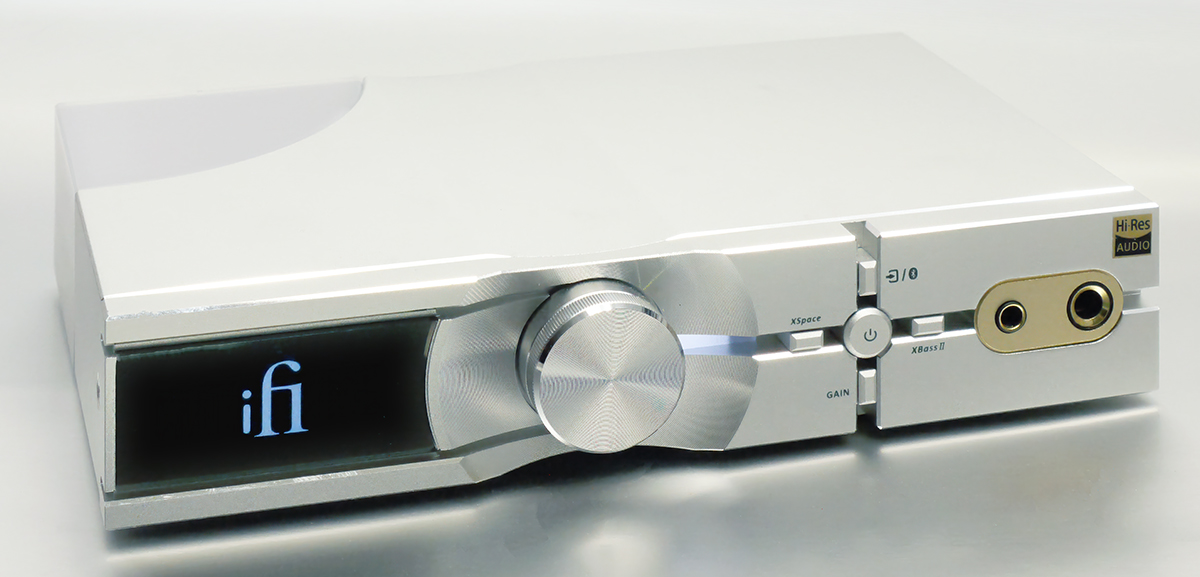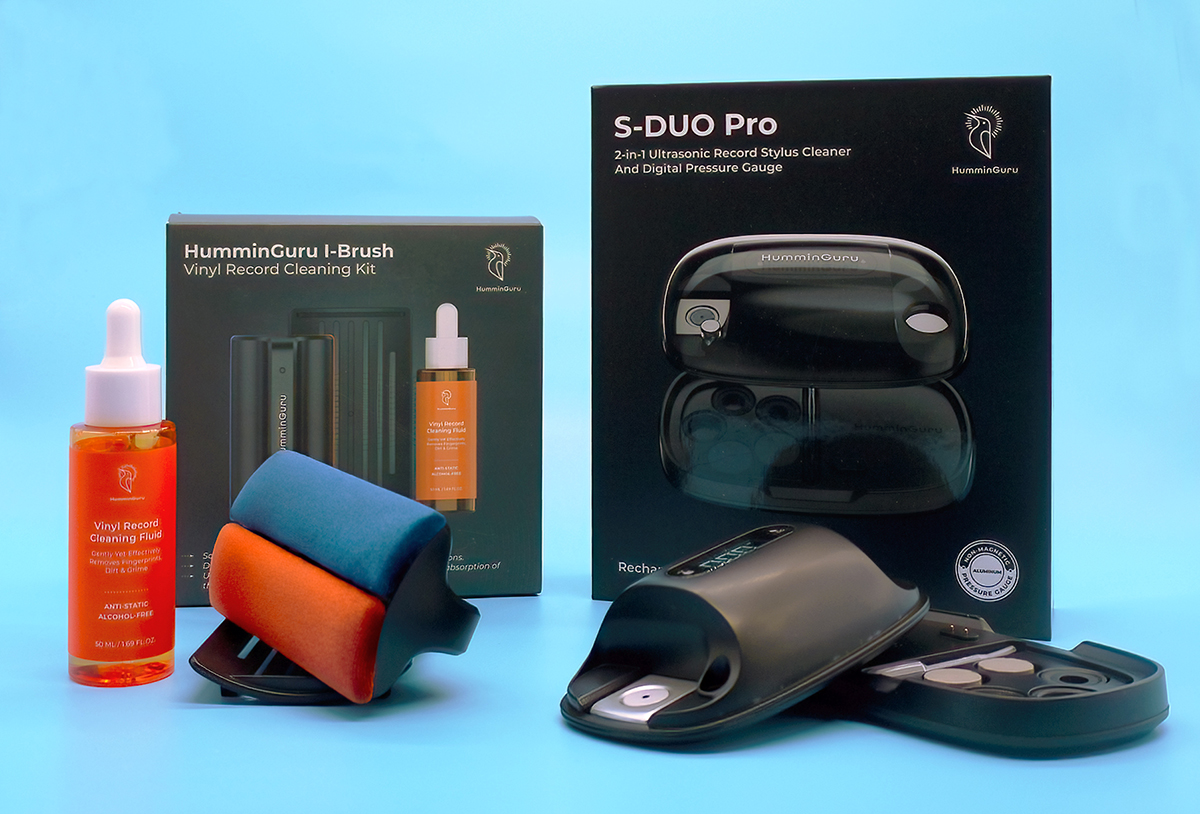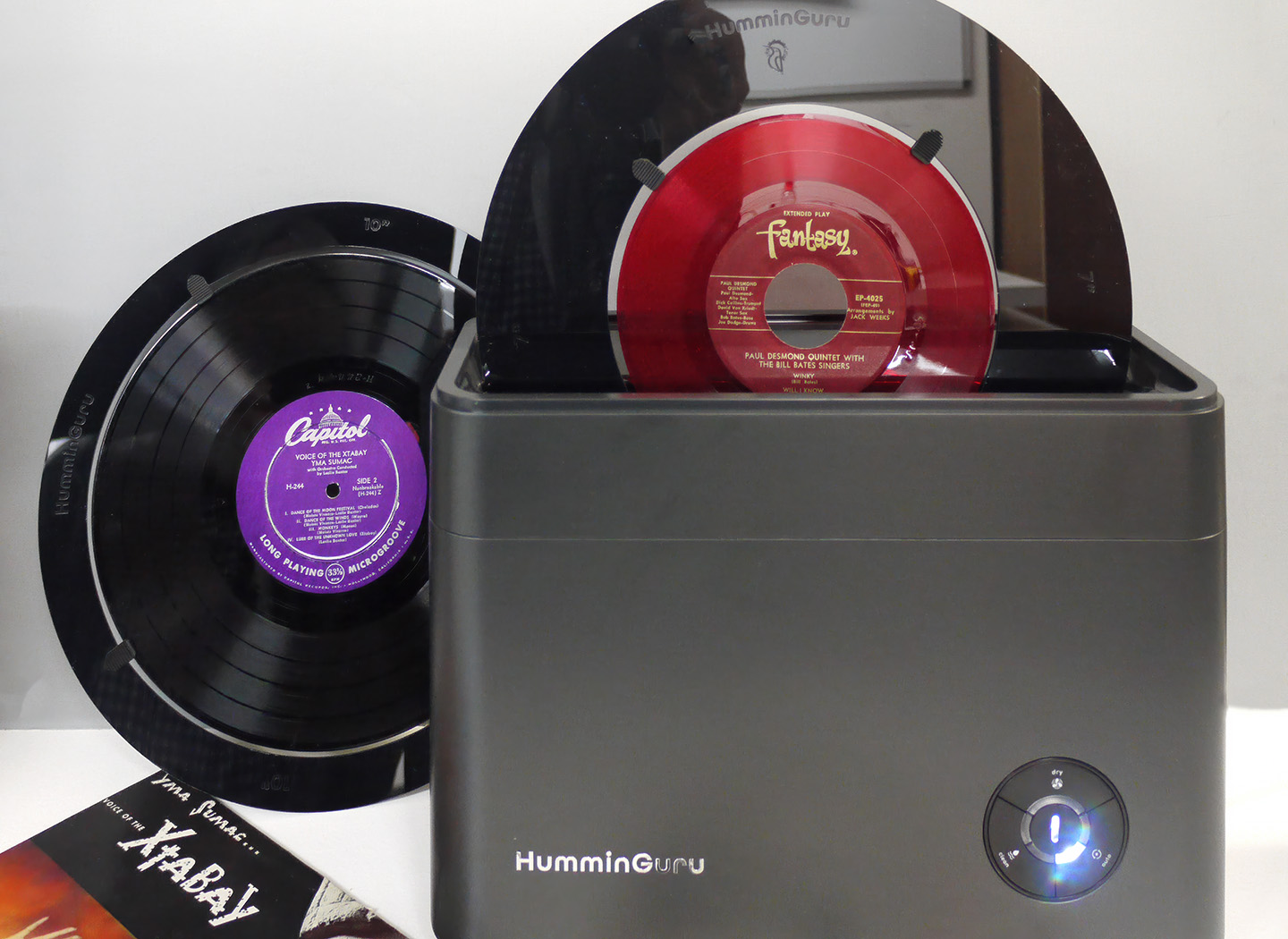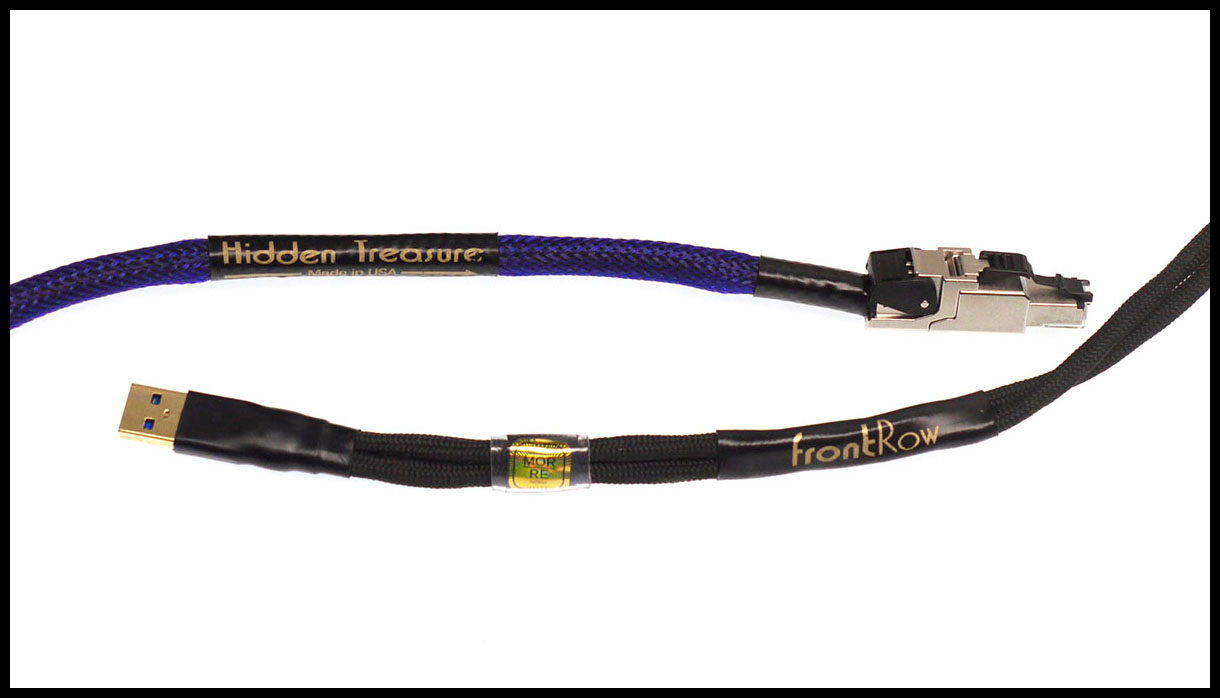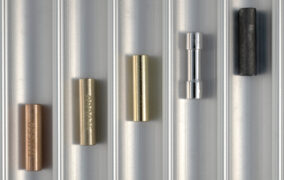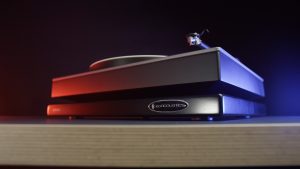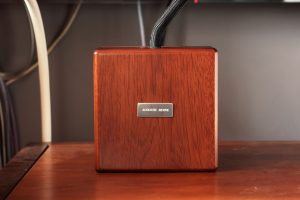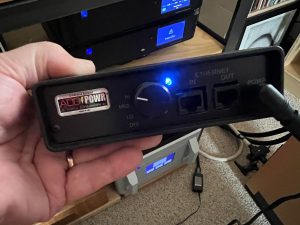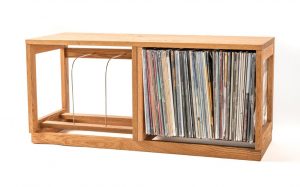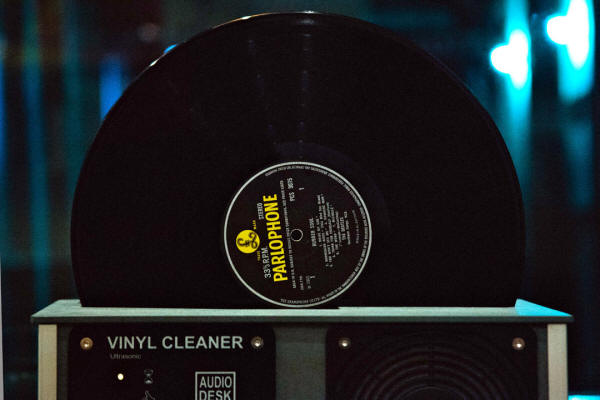
Positive Feedback readers with an analog attitude will likely have taken special note of Myles B. Astor's extensive evaluations of both the Audio Desk Systeme and the Klaudio ultrasonic record cleaning machines. While the two machines have significant differences in how the ultrasonic technology is utilized, they share both the basic "toaster" form factor, and—how'd you guess?—the same price. $4000.
Now we all know that same $4000 would buy a pretty good cartridge (or arm, turntable, phono stage… or whatever… like maybe a week in Hawaii with your significant other, if you were smart?)
Obviously, not everyone can or will spare that kind of scratch to shine up $1 yard-sale treasures. Wild guess: maybe 1% of Positive Feedback analog-intensive readers have already purchased an ultrasonic LP cleaner, another 2% likely gearing up to do so. Maybe another 10% are actually mulling taking the plunge with one kind of record cleaner or another. I've got to believe a good 40% already have a vacuum record cleaning system of some sort—a VPI, Nitty-Gritty, Okki-Nokki, etc.—and frankly doubt their present machines seriously suck in comparison. But maybe they're still just a wee bit curious about this ultrasonic business?
Who then will speak for the remaining 47%, AKA the Great Unwashed?
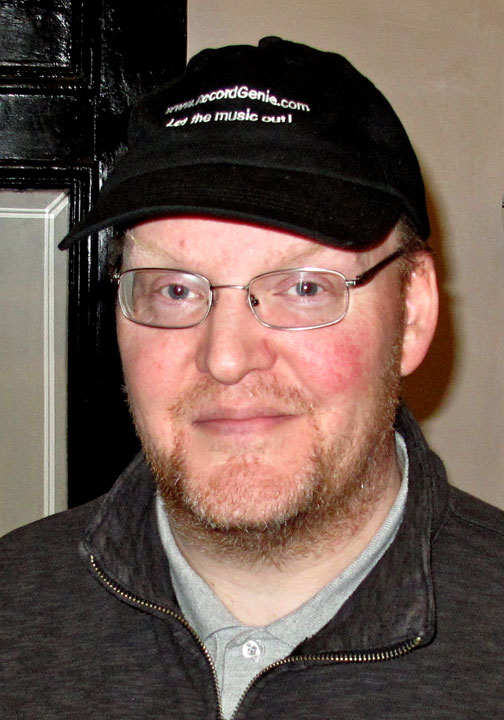
Meet David Burton, the Record Genie.
He wants to be to LP lovers what Netflix is to movie mavens. He owns both the Audio Desk and the Klaudio. And he will clean your records.
Cheap.
Dave is an affable transplanted Brit living near Boston, Massachusetts. He bought his first machine (the Audio Desk) simply because he couldn't find any place that would clean his own LPs, and was delighted with the results. His background is in sales, but as father of two pre-schoolers, he sensed there was a niche market for a high quality LP cleaning service that could pay enough to keep him around the house. Just a few problems loomed. How to define the target market, understand their needs, promote the service, and scale up the production to profitability?
Turns out there are really two markets. Audiophiles (like most of the folks reading this) who already understand the importance of personal vinyl hygiene, are one. But there's another parallel reality vast vinyl sub-culture to be tapped: the unreconstructed record collectors, those sometimes scruffy guys (mostly) you see at estate sales, thrift stores, and record shows (if you've never been to one of those, ask the Google to find "record show" + your local metropolis. Bring cash.). Trust me, most of those $100+ Elvis, Beatles, and "collectible Punk/Psych/Reggae/Electronica" records have never been heard clean. If you think audiophile reissue LPs are expensive, spend some time juking aroundwww.popsike.com to get a sense of the real collector market.
Burton added the Klaudio KD-CLN-LP200 machine shortly thereafter to increase throughput. To create a local awareness of his services, he started renting a table at Boston-area record shows, offering to clean LPs for a couple bucks. He called around and found a few small record stores that would let him set up shop to demo. He's even arranged to have a couple of local stores offer drop-off/pick-up services. On the audiophile front, he hooked up with John Rein and Mark Terletzky of Audio Video Therapy in Nashua NH (just across the MA state line, Nashua is really a tax-free shopping suburb of Beantown). Everywhere he went, Burton talked up the process, listened to his customers, and posted their responses on his Facebook page.
I first contacted Burton late last year, and we agreed recently to meet at Vinyl Destination, up in Lowell, MA, 30 miles north of Boston, for one of his demo visits. I love discovering new record stores in unexpected places—in this case an old textile mill being rehabilitated into shops, eateries, yoga salon, a theater, etc. Not a particularly large room, but Dave Perry and son Dan stock a very nice selection of jazz, rock, and special interest vinyl – and plenty of $1 LPS. No CDs! It's an easy swing-by for anyone traveling Rt 3, I-93, or I-495 between Boston and points north.
I actually met up with Burton as he unloaded his Passat wagon on a raw, rainy Saturday. Two folding carts, the cleaning machines in slick, retro-fitted sewing machine cases, and a couple cartons of supplies made their way to the elevator. As he set up at the front of the store, he took me through the process of filling the reservoirs with distilled water (plus a small vial of cleaning solution for the Audio Desk). The Klaudio and Audio Desk are both set for a 9 minute program (5 min clean, 4 min dry)—he likes to run the two units in parallel. I had brought some problem discs with me, and as the lousy weather held down the customer turnout, he proceeded to run them through the systems. For details on the operation of each machine, I'll refer you back to Myles Astor's reviews. I'll concentrate on Burton and his methodology.
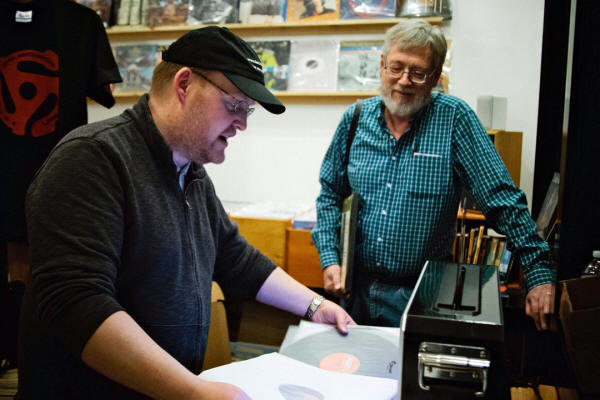
After all, I was letting a total stranger handle some of my prized Mercs, Shaded Dogs, 6-Eye Promos, FFSS Bluebacks and a few vintage monos including a nifty Martzy. (If you didn't understand any of that, maybe you shouldn't be reading this). Dave Burton understands, because he is one of us. His grandfather worked for BBC radio, and had a nice Thorens-based system at home, so he grew up with an appreciation for good sound. Hey, his parents took their tyke to hear The Planets at the Royal Albert Hall. He's partial to Brit kit, of course (he loves his KEF LS50s, prefers Alphason tonearms, etc.), but is looking forward to refurbing an Oracle Delphi II turntable he just picked up off eBay…
Like the neighborhood drycleaners, Burton is willing to take on all comers, but is candid about what the machines cannot do—basically that any physical damage, scratches, scuffs etc., cannot be removed, and can be even more audible when the grooves are really clean. If an LP is truly filthy, he pre-cleans it in a Spin-Clean loaded with the Mobile Fidelity Enzyme cleaning solution—he is particularly wary of the possibility of transferring any mold to the big machines. For "trouble spots" he relies on Micro Care Premier LP Cleaner, one of the most benign of solvents. While there are more aggressive options, he is fully conscious he is working on someone else's treasures, and indeed one of the virtues of the ultrasonic cleaners is minimizing any physical contact with the actual grooves.
Once the LP is determined to be clean enough to really clean, it is carefully inserted toaster-style into one of the machines. Customers can specify their brand of choice, if desired, keeping in mind that they indeed function differently. The Audio Desk includes a proprietary chemical cleaning agent and rotating soft microfiber rollers in addition to the ultrasonic action; the Klaudio depends entirely on the higher wattage ultrasonic cavitation for cleaning—no chemicals or any contact with the grooves at all. So far, Burton's customers are basically split on which works better, and he professes neutrality. However, when an avid jazz collector asked him to clean a vintage Blue Note with both machines and raved about the result, he realized he could offer a unique option. If so if desired, he will run your LP through the Audio Desk first, followed by the Klaudio. The result is essentially a full 10 minutes of ultrasonic cleaning, the second phase being an ultrasonic distilled water clean & rinse.
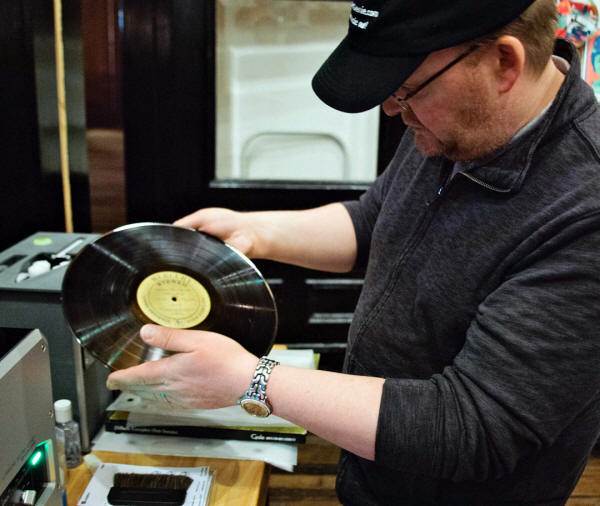
When the machines complete their cycle, Burton checks the discs carefully. Static electricity being the bane of clean vinyl, he gives the discs a few swipes with a neat long fibered anti-static brush. To demonstrate its effectiveness, Burton travels with a single styrofoam packing peanut. Sliding an LP in and out of its sleeve, or even just playing it, generates enough static charge to make the peanut cling defiantly to the LP. After a couple passes with the Thunderon fiber & goat hair brush, the peanut slides right off. The disc is then slipped into a Sleeve City Diskeeper 2.0 anti-static LP sleeve - if the customer requests the double-dip cleaning, he upgrades to a Mobile-Fidelity rice-paper style sleeve (a $.15 upcharge with the standard cleaning). He affixes a small removable label to the inner sleeve that indicates the date and which machine was used. The original inner sleeve is returned to the owner for reuse or disposal. Burton does not audition the LP before or after cleaning.
Throughout the afternoon, Burton cleaned LPs and chatted with customers—he clearly enjoys talking about the benefits of ultrasonically clean vinyl. Personality—wise, he's the sort of guy you'd likely trust with doing a root canal, preparing your taxes, or landing your Virgin Galactic Space-X flight—knowledgeable, careful, and not given to cutting corners. OK, during a slow period while the machines were spinning away, I did spot him on his knees going through some $1/LP cartons, but who am I to judge? (After all, I drove home with $60 worth of Vinyl Destination's primo LPs myself, all fairly priced from $1 to $30).
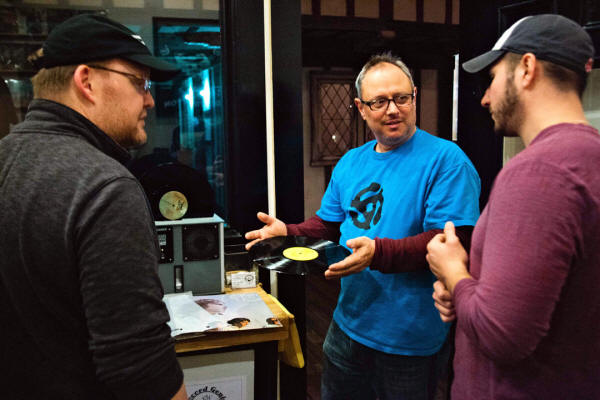
Much as he enjoys the direct customer contact at stores and shows, making the start-up business profitable requires increasing the volume—Burton had just received a batch of 275 LPs from one customer, for example. Increased volume will then fund more machines to increase throughput, etc. So he is gearing up the mail-order side of the business—for more information see his website,www.recordgenie.com. Basically, cleaning (either machine, your choice) is $2.75; double cleaning (both machines) is $5.00, shipping and insurance paid by the customer (helpful hint: USPS Media Mail is safe and dirt cheap). Now, many of you are already doing the math, aren't you? For a few bucks you can get several LPs cleaned ultrasonically – just to check it out. How many then do you want cleaned? Under a 1000, you come out way ahead of buying a $4000 machine yourself, no-brainer. Over 2000 LPs, it might make some sense to invest in your own machine, it's true. But doing 2000 LPs on one machine at 9 min per cycle comes to 300 hrs, nearly 2 months of 40 hour work-weeks. Your choice, of course; Burton understands that experiencing his results might well encourage some customers to buy their own machine, and he's fine with that. So too are the folks at Audio Desk and Klaudio, you betcha.
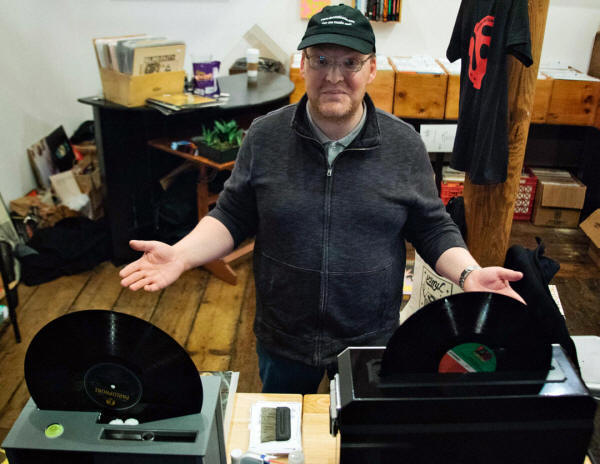
Photographs credit: Tim Gurczak
The Record Genie
841 Worcester St, Box 331
Natick, MA 01760
[email protected]
http://recordgenie.com
www.facebook.com/RecordGenie




